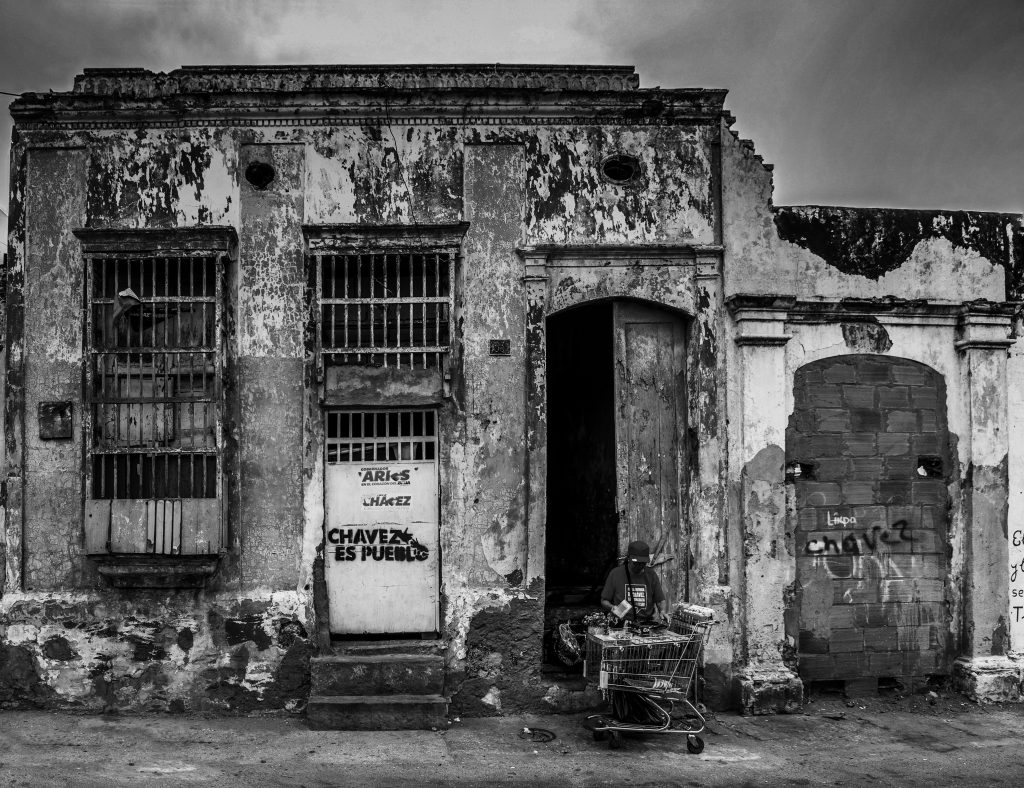 Owning property is not easy, especially when you have to share ownership with multiple individuals. Co-ownership can present challenging issues, especially when one owner wants to make renovations or sell the property. This case examines a dispute among family members involving property in the Parish of St. Bernard in Louisiana.
Owning property is not easy, especially when you have to share ownership with multiple individuals. Co-ownership can present challenging issues, especially when one owner wants to make renovations or sell the property. This case examines a dispute among family members involving property in the Parish of St. Bernard in Louisiana.
The plaintiffs, including Charles Gettys, Jr., and defendants, including William Gettys, each had a one-fifth interest in the at-issue property. The plaintiffs sued to have the property sold and the proceeds divided among the five co-owners. William responded, claiming after Hurricane Katrina, the defendants said they no longer wanted to have an interest in the property and did not want to spend any more money on the property or repairs. William claimed he completed a property renovation and moved into the house following Hurricane Katrina. William claimed before Hurricane Katrina that he had agreed with Charles that they would renovate the property together and then sell it. Then, they would split the money they made from the sale. The renovations purportedly cost $46,000. William claimed Charles had agreed to split the renovation costs with him.
However, Charles had not paid for his share of the renovations. William argued Charles owed him his share of the total cost of the repairs and renovations. After trial, the court ordered the parties to sell the property via auction, at a $50,000 minimum bid, or through a private sale, with the first $48,476 of the proceeds to go to William to reimburse him for the renovations he carried out in the aftermath of Hurricane Katrina.
 Louisiana Personal Injury Lawyer Blog
Louisiana Personal Injury Lawyer Blog


 When renting an apartment, tenants expect a safe and secure living environment. However, what happens when an accident occurs due to negligence by the apartment owner and management company? If a leaky roof in your apartment injures you, can you make a claim for your injuries? The following lawsuit answers that question.
When renting an apartment, tenants expect a safe and secure living environment. However, what happens when an accident occurs due to negligence by the apartment owner and management company? If a leaky roof in your apartment injures you, can you make a claim for your injuries? The following lawsuit answers that question.  When accidents occur on a construction site, questions of liability and responsibility arise, leaving property owners wondering about their potential legal obligations. In a compelling lawsuit from Alexandria, Louisiana, the issue of whether a homeowner can be held liable for injuries sustained by a roofer while working on their property takes center stage. The case of Robert Schram v. Ronnie Waters provides valuable insights into this perplexing matter, shedding light on the factors determining a homeowner’s liability when a roofer falls from their roof.
When accidents occur on a construction site, questions of liability and responsibility arise, leaving property owners wondering about their potential legal obligations. In a compelling lawsuit from Alexandria, Louisiana, the issue of whether a homeowner can be held liable for injuries sustained by a roofer while working on their property takes center stage. The case of Robert Schram v. Ronnie Waters provides valuable insights into this perplexing matter, shedding light on the factors determining a homeowner’s liability when a roofer falls from their roof. Aquisitive Prescription. It is a strange-sounding set of words, yet it can be vital in proving ownership of land and property in Louisiana. What exactly is it? The subsequent lawsuit helps answer that question and the following one: How can I prove ownership of land through acquisitive prescription in Louisiana?
Aquisitive Prescription. It is a strange-sounding set of words, yet it can be vital in proving ownership of land and property in Louisiana. What exactly is it? The subsequent lawsuit helps answer that question and the following one: How can I prove ownership of land through acquisitive prescription in Louisiana? Generally, when you ask an insurance agent for a specific policy, you expect them to honor your request. But what happens when your insurance agent doesn’t procure the coverage you requested for? The following case is an example of a property owner who believed he maintained insurance when he did not.
Generally, when you ask an insurance agent for a specific policy, you expect them to honor your request. But what happens when your insurance agent doesn’t procure the coverage you requested for? The following case is an example of a property owner who believed he maintained insurance when he did not.  Tripping over a ledge in public can be both embarrassing and painful. Sometimes the fall can result in serious injuries. Who should be at fault for any damages sustained? As with many legal issues, it depends. Unfortunately for one woman in Covington, Louisiana, the apparent nature of the ledge, coupled with her own activities contributing to the fall, led the Louisiana First Circuit Court of Appeal to dismiss her case.
Tripping over a ledge in public can be both embarrassing and painful. Sometimes the fall can result in serious injuries. Who should be at fault for any damages sustained? As with many legal issues, it depends. Unfortunately for one woman in Covington, Louisiana, the apparent nature of the ledge, coupled with her own activities contributing to the fall, led the Louisiana First Circuit Court of Appeal to dismiss her case.  What would you do if you were heir to property and found out the City had issued a demolition order for that property? A recent case decided in New Orleans discusses that question. The City of New Orleans, Louisiana, brought administrative proceedings against property owners whose property was allegedly blighted. However, the situation became more complicated because the property owners were deceased.
What would you do if you were heir to property and found out the City had issued a demolition order for that property? A recent case decided in New Orleans discusses that question. The City of New Orleans, Louisiana, brought administrative proceedings against property owners whose property was allegedly blighted. However, the situation became more complicated because the property owners were deceased.  There’s a general understanding between a buyer and a seller that the seller will provide the good in an acceptable condition for a buyer. If the product is faulty, then the general understanding is that the seller will take responsibility for making things right as soon as they can. This is even solidified by warranties. What happens, then, when a construction company sells a New Orleans resident a roof that leaks so much it leads to a man slipping and falling? Is the danger created by the leak so obvious that the construction company shouldn’t be held liable for the injury?
There’s a general understanding between a buyer and a seller that the seller will provide the good in an acceptable condition for a buyer. If the product is faulty, then the general understanding is that the seller will take responsibility for making things right as soon as they can. This is even solidified by warranties. What happens, then, when a construction company sells a New Orleans resident a roof that leaks so much it leads to a man slipping and falling? Is the danger created by the leak so obvious that the construction company shouldn’t be held liable for the injury? It is difficult to fully know and understand the law. This is why lawyers attend law school for three years, and then complete continuing education for the rest of their careers. Many times a party to a lawsuit will try to carry on without a lawyer, but the unfortunate truth is that this can actually lead to more headaches and financial woes than expected.
It is difficult to fully know and understand the law. This is why lawyers attend law school for three years, and then complete continuing education for the rest of their careers. Many times a party to a lawsuit will try to carry on without a lawyer, but the unfortunate truth is that this can actually lead to more headaches and financial woes than expected.  Lease agreements are important documents that specify the rights and obligations of both lessor and lessee. Specifically, termination of leases must follow specified procedures and the tenant must be given adequate notice before leases can be terminated. That being said, does a letter from the lessor to the lessee constitute proper notice for termination of a lease? The Fourth District Court of Appeals of Louisiana recently held that a tenant was not given proper notice for termination of his lease and therefore, the termination was not valid.
Lease agreements are important documents that specify the rights and obligations of both lessor and lessee. Specifically, termination of leases must follow specified procedures and the tenant must be given adequate notice before leases can be terminated. That being said, does a letter from the lessor to the lessee constitute proper notice for termination of a lease? The Fourth District Court of Appeals of Louisiana recently held that a tenant was not given proper notice for termination of his lease and therefore, the termination was not valid.